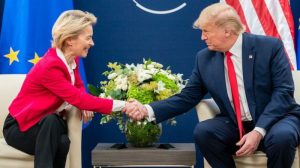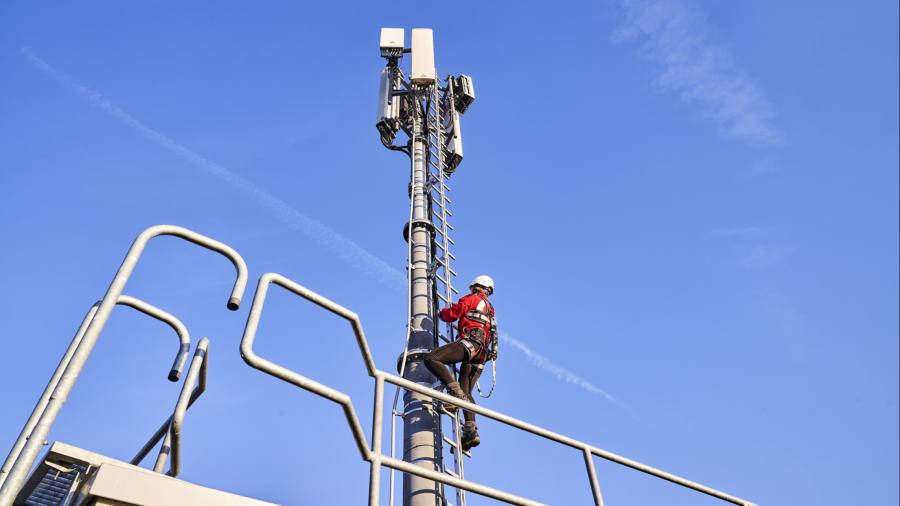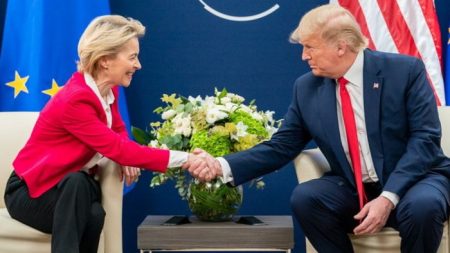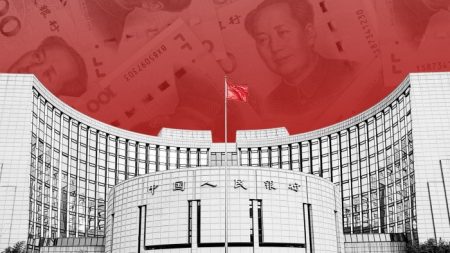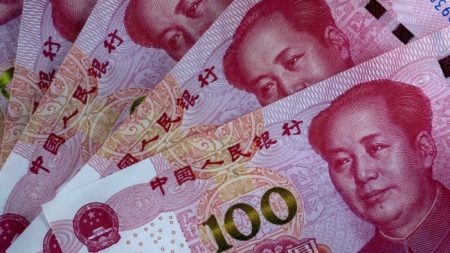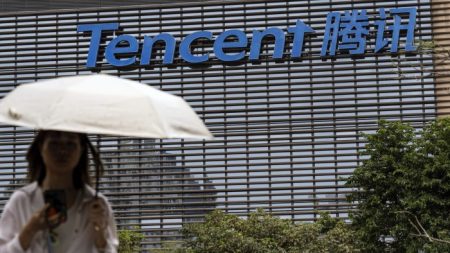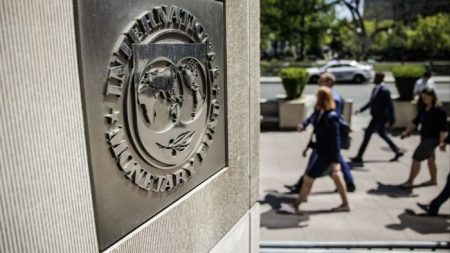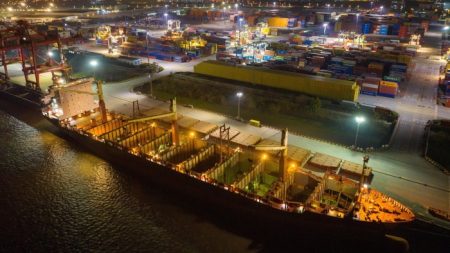The EU is considering a mandatory ban on member states using companies deemed to present a security risk in their 5G networks, including Chinese telecoms group Huawei, according to officials with knowledge of the discussions.
The move comes as concern rises in Brussels that some national governments are dragging their feet on the issue, the officials told the Financial Times.
Only a third of EU countries had banned Huawei from critical parts of the bloc’s 5G communications despite recommendations set out by Brussels to exclude high-risk vendors from technology investments, Thierry Breton, EU internal market commissioner, told the bloc’s telecoms ministers at a meeting last Friday. “This is too few. And it exposes the union’s collective security,” he said.
The recommendations, which were unanimously agreed by member states in 2020, ranged from certification requirements to diversification of suppliers.
The guidance fell short of a ban, but people with direct knowledge of the matter said the EU could introduce a mandatory bar on companies deemed to present a security risk, such as Huawei, if member states, including Germany, continued to delay.
The European Commission declined to comment. The bloc’s executive arm is next week scheduled to report on progress across the bloc in implementing the recommendations.
New rules forcing a ban are unlikely to come before the five-year term of the current European Commission ends in 2024, given the time needed to gain the backing of the European parliament and member states for any new law.
Huawei said it opposed politicising cyber security evaluation. “Assessing cyber security risks without sticking to technological standards, or excluding specific suppliers from the system without proper technological evaluation, is a violation of the principles of fairness and non-discrimination, and also against the laws and regulations of the European Union and its member states.”
The company said: “No court has ever found that Huawei had engaged in malicious intellectual property theft, or required Huawei to pay damages for infringement on others’ intellectual property.”
Washington has accused Huawei in particular of being a criminal enterprise that had stolen from US companies, violated sanctions against North Korea and made false statements to the FBI. It has urged US allies to ban the company from their critical communications infrastructure.
Officials in Germany have expressed concern about the ties between Deutsche Telekom and Huawei. Earlier this year Berlin said it was reviewing the use of Chinese components in its 5G infrastructure and whether a change of law was needed.
The officials with knowledge of the discussions in Brussels warned of the “costs of long-term dependencies” on China, just as the bloc had relied on Russian energy supplies before the Ukraine war, if the entire EU failed to ban Huawei. “We know what it is like to be dependent on others,” said one.
The latest warnings come at a time of growing concern in the EU about its technological dependence on China, the country’s trade practices and Beijing’s human rights record.
At last week’s meeting with telecoms ministers, Breton warned of the risks of being too exposed to Chinese vendors. “My main message to the member states was to remind them of the urgent need to act to avoid creating major vulnerabilities that would be difficult to reverse,” he said.
The EU had already been able to “reduce or eliminate” its exposure to geopolitical risks in other industries such as energy, he said, warning: “We must do the same for 5G networks — we cannot afford to maintain critical dependencies that could become a weapon against our interests.”
The push comes as a number of European nations are reassessing their dependence on China for critical telecommunications infrastructure. Portugal is preparing to ban Huawei from some 5G equipment in a policy U-turn. The country is one of Europe’s biggest recipients per capita of Chinese investment.
Denmark, Sweden, Estonia, Latvia and Lithuania in the EU, plus the UK, have already banned the company from their 5G infrastructure.
Additional reporting by Anna Gross in London
Read the full article here

